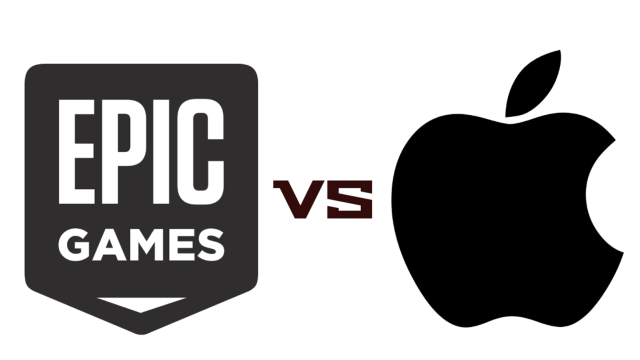On Wednesday, vice president of Xbox business development Lori Wright testified in the ongoing trial between Epic and Apple. Now, Apple wants the court to make an “adverse credibility finding,” due to Microsoft withholding pertinent documents in her testimony.
Apple’s lawyers took issue with Wright’s testimony in a motion filed yesterday, pointing out that Wright cited information in documents that weren’t shown to lawyers, leaving Apple to “cross-examine her with one arm tied behind its back, without the documents that might have contradicted her direct testimony.”
Apple’s lawyers seize in particular on Wright’s claims that the Xbox console doesn’t draw a profit, highlighting
Ms. Wright’s unsupported assertion that the Xbox console business is unprofitable. Indeed, Ms. Wright testified that she searched for and reviewed her documents in anticipation of her deposition to refresh her recollection about the events she thought she would be asked about. Yet Microsoft intentionally withheld these documents — both before and after Ms. Wright’s deposition.
Later in the motion, Apple writes “While Apple’s cross-examination of Ms. Wright at trial was effective (and showed, for example, her clear bias in favour of Epic and against Apple), that cross-examination was hampered by Microsoft’s failure to produce her documents to Apple.”
Issues with which documents to produce were raised in pre-trial discussion back in April, the motion reads, noting that the court “specifically reiterated to Epic, Apple, and the third-party witnesses that ‘trial is not an opportunity for surprises.’”
Many people outside the courtroom were surprised by Wright’s claim that the Xbox console doesn’t draw a profit. Microsoft later told The Verge that, “Game companies sell consoles at a loss to attract new customers. Profits are generated in game sales and online service subscriptions.” This all came as part of trial discussions to define and distinguish specialised devices like gaming hardware from general devices like the iPhone, as both sides sought to separate various devices’ business models to help support their arguments.
Apple has highlighted the fact that Epic isn’t taking issue with the revenue split on consoles, saying in its opening statement that, “If Epic prevails, other ecosystems will fall too.” Epic, meanwhile, called on Wright to help demonstrate that the iPhone is more like a PC than a console, with its more open ecosystem justifying a more open model for app sales. Microsoft recently reduced its cut from sales on its PC storefront, while keeping the split on the Xbox in place. If Epic is right that the iPhone is more like a PC than an Xbox, then it stands to reason the App Store business model should be more like that of Microsoft’s PC store, the Epic Games Store, or even Apple’s own MacOS. This is pretty in the weeds for the average gamer, but it’s all part of the two sides’ strategies for the trial, the outcome of which could have huge ramifications for how we buy games.
Yesterday’s motion is one more piece in the comedy of errors the trial keeps tripping into. Documents have come and gone from the trial’s public dropbox at a breakneck pace. The documents Microsoft did produce were heavily redacted (read: maddeningly, if you’re a reporter looking for juicy gossip), while other documents have given us intriguing looks into Epic’s dealings with Apple, Xbox, and Ubisoft; the numbers behind Epic’s free games and the Epic Games Store; Fortnite’s profits; and more.
Apple’s bickering over Wright’s credibility is par for the course in trials like this, and who’s to say what the ramifications for either side’s case could be if Apple’s motion goes through. But at any rate, “Apple’s mad at Epic about Xbox” is a pretty fun development in a trial that’s been, perhaps surprisingly, a lot of fun.

Leave a Reply